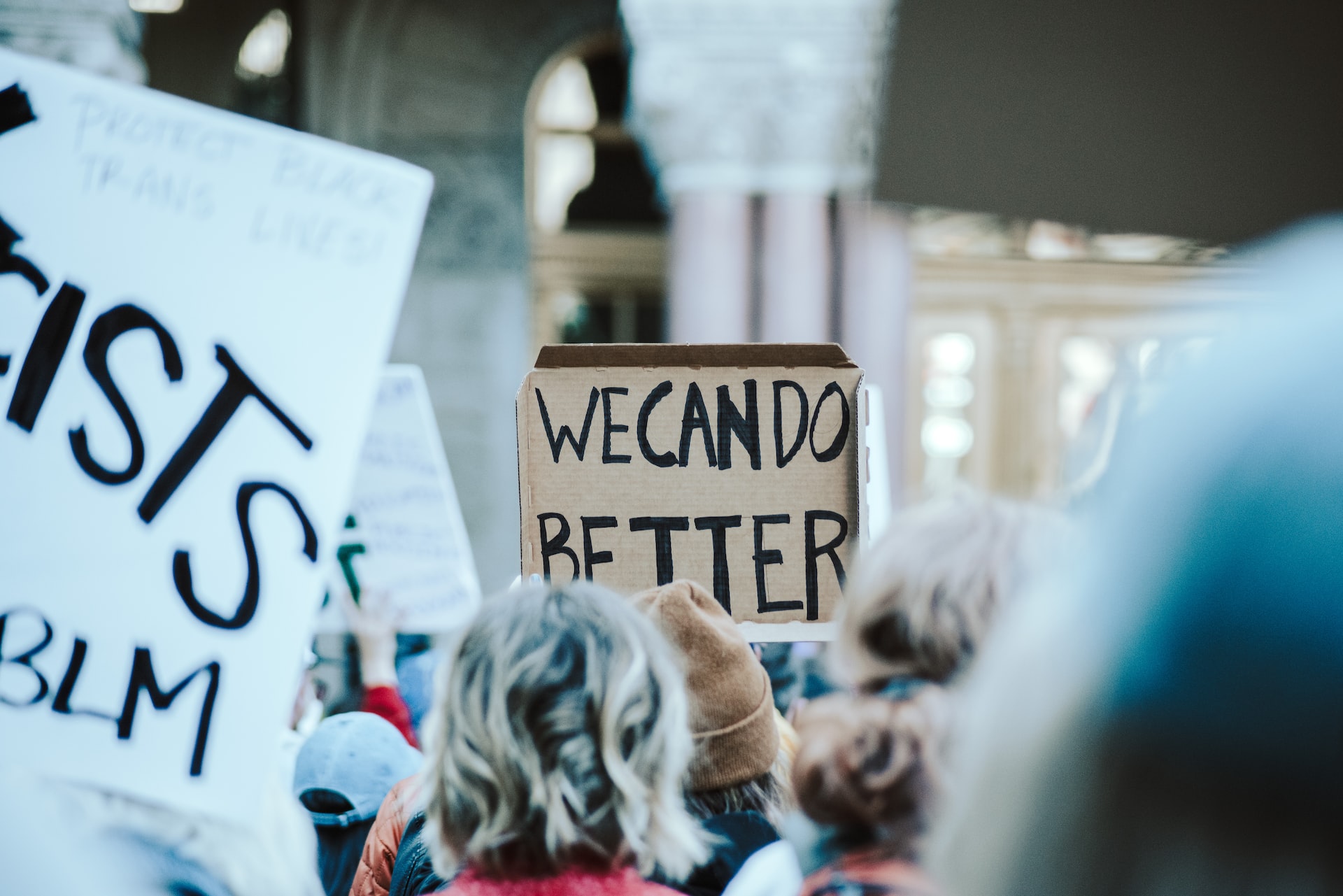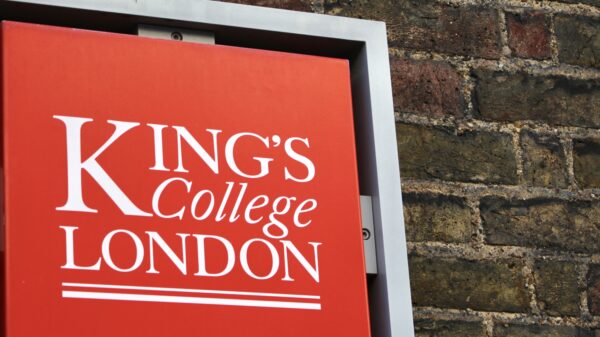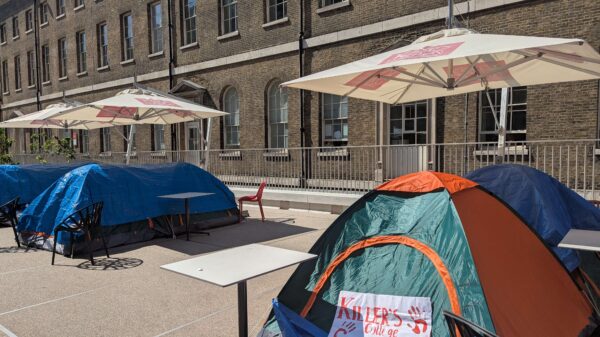Staff writer Lily Powell on the implications of the curtailment on the right to protest at events related to Her Late Majesty’s death.
There is no precedent for how a country is supposed to respond to the sudden passing of a monarch who reigned for 70 years. Since the death of Her Majesty Queen Elizabeth II, there has been a widespread public outpouring of grief and shock as people mourn and pay their respects to the UK’s longest serving monarch. As these emotions begin to settle amongst the public, it has become apparent that not everyone is supportive of the monarchy. From controversy surrounding Prince Andrew and the royal family’s historical links to colonialism and imperialism, to grievances as to their existence costing over £100 million in taxpayer money.
A notion of discontent has come to the forefront as protestors join the crowds paying their respects across the UK to share their less popular view of the monarchy. British police forces have sparked criticism for their handling of anti-monarchist protesters following reports that multiple people have been apprehended for holding up ‘offensive’ placards protesting against the institution of the monarchy.
The first arrest was of a man who heckled Prince Andrew during a procession of the Queen’s coffin, calling him a “sick old man” and similarly, Symon Hill was arrested and was later de-arrested for shouting “who elected him” during a local proclamation of the new king. Aside from concerns over freedom of speech, the potential for arbitrary arrest by the police is daunting since “they didn’t seem very sure” what law the arrests were being made under, according to Hill. He later tweeted out that freedom of speech is one of “the freedoms we should all have”.
In a separate and perhaps more worrying incident on the streets of London, barrister Paul Powlesland was threatened with arrest in Parliament Square if he wrote ‘Not my King’ on his blank sheet of paper. This arrest would be under the Public Order Act 1986, as “someone might be offended” by the placard.
The social media response was extensive and critical. The Secret Barrister tweeted out their “free legal advice” to this incident; that it would “not constitute an offence under the Public Order Act” and the slight possibility that the police may think it an offence is “deeply troubling”.
Powlesland protested what he described as a “lack of freedom of expression” surrounding anti-monarchy protesters, stating that “free speech is really something precious and important”.
Following the striking criticisms of the police in what has been described as a “media frenzy”, which has left the sentiment that freedom of speech is limited and disregarded when people wish to express republican views, the police have issued a statement that people “absolutely have a right to protest”.
However, the arrests of anti-monarchy protesters have been deemed “deeply concerning” and an “affront to democracy” by human rights and free speech campaigners.
Despite freedom of speech and the right to protest being enshrined in the Articles 10 and 11 of the Human Rights Act 1998, it is not an absolute right meaning it can be limited and compromised to maintain public order or to prevent crime. This results in great complexity as to whether the police use these powers correctly, considering the long history of legal battles over whether police have acted within their powers with regards to public protest (Austin v Commissioner of Police of the Metropolis (CPM) [2009] UKHL 5).
Earlier this year saw the controversial passing of the Police, Crime, Sentencing and Courts Act 2022, which faced heavy criticism and resistance for its restrictions on the right to protest. This Act classifies a protester failing to follow restrictions which “ought” to have known about as a crime.
Sacha Deshmukh, Amnesty International UK’s CEO, deemed the passing of the Police, Crime, Sentencing and Courts Act a “dark day for civil liberties”, stating that the “deeply-authoritarian” Act is a “hugely worrying and widespread attack on human rights from across government”.
Civil rights advocacy group, Liberty, expressed their concern over the police’s “heavy handed and punitive” clamp down on freedom of speech and pre-emptive arrests.
The worry remains that “officers may take a very conservative approach” to the powers given to them. If people are to be arrested for holding up placards, then it goes against a fundamental right to protest and freedom of expression which remains an essential element to any democracy.
Sometimes being given the royal treatment leaves a lot to be desired.

















